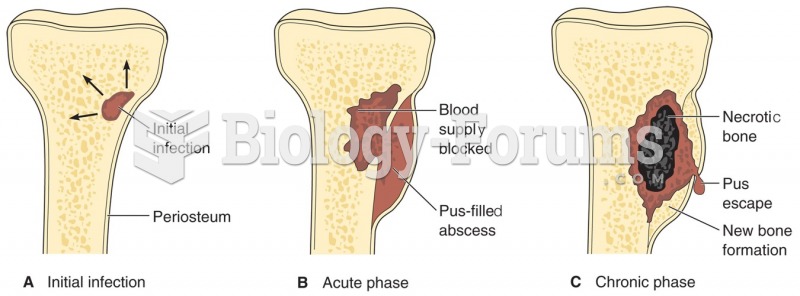|
|
|
Amphetamine poisoning can cause intravascular coagulation, circulatory collapse, rhabdomyolysis, ischemic colitis, acute psychosis, hyperthermia, respiratory distress syndrome, and pericarditis.
This year, an estimated 1.4 million Americans will have a new or recurrent heart attack.
Multiple experimental evidences have confirmed that at the molecular level, cancer is caused by lesions in cellular DNA.
Pope Sylvester II tried to introduce Arabic numbers into Europe between the years 999 and 1003, but their use did not catch on for a few more centuries, and Roman numerals continued to be the primary number system.
The oldest recorded age was 122. Madame Jeanne Calment was born in France in 1875 and died in 1997. She was a vegetarian and loved olive oil, port wine, and chocolate.
 Elephant work camp in Thailand. Elephants are used for heavy forest work and in circus presentations
Elephant work camp in Thailand. Elephants are used for heavy forest work and in circus presentations
 Lilly Martin Spencer’s Young Husband: First Marketing (1854). Note that passers-by are amused at thi
Lilly Martin Spencer’s Young Husband: First Marketing (1854). Note that passers-by are amused at thi





